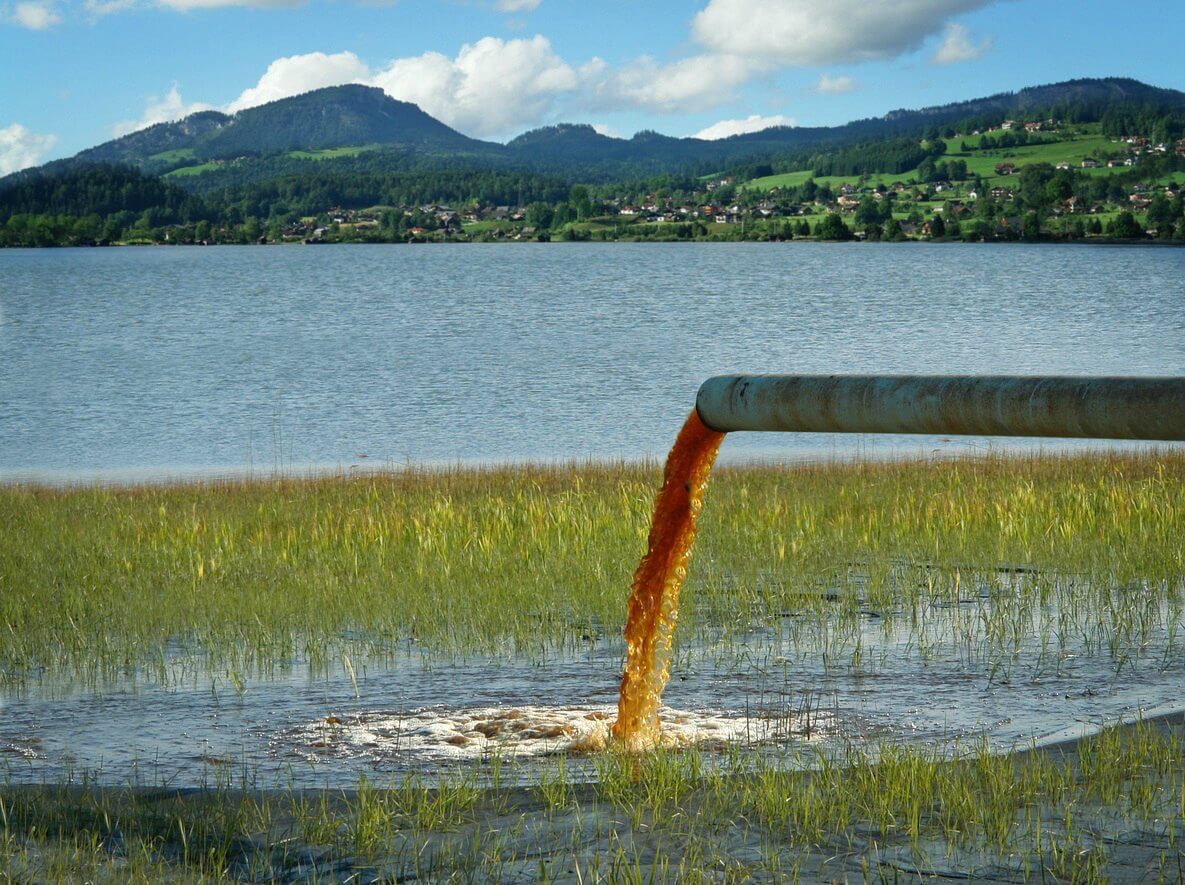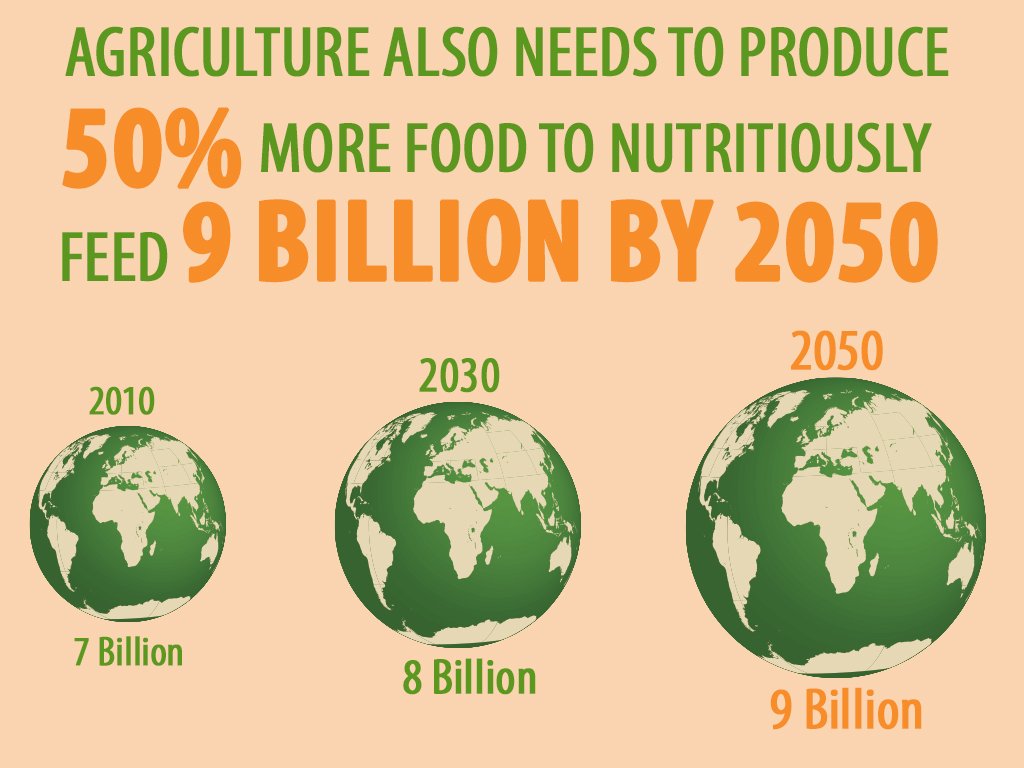In school, do you remember when a guest speaker came and shed light on the issues surrounding global warming and energy saving, essentially guilt tripping you as I am now?
I still remember in 8th grade when the speaker at my school said that we truly don’t need to put water on your toothbrush before you brush your teeth. After that “talk”, I never put water on my toothbrush ever again (before brushing my teeth).
Ever since 8th grade, I have learned a couple of things. One of them being that the people who talked to the class advocated for the wrong solutions to these problems surrounding energy and global warming.
Did you know that in 2006, the UN said that raising animals produces even more carbon emissions than ALL of the cars and trucks in the world put together?
Regardless, there are many more gasses that contribute to global warming than carbon alone such as: methane, ammonia, nitrous oxide, hydrofluorocarbons, nitrogen trifluoride. The livestock industry is a huge factor as it generates 64% of the ammonia in our atmosphere, which severely contributes to acid rain.
We are poisoning ourselves by polluting our own water sources; the main factor of this pollution is animal waste from the meat industry. All of the hormones, antibiotics, and pesticides enter our water, destroy topsoil, contaminate the air, harm ecosystems, hurt aquatic life, and impact humans.

Pollutants from the meat industry come back to haunt us, whether it is disintegrating the quality of our water, contaminating other food sources, or destroying the oceans.
The meat industry is also a huge contributor to deforestation. Just think: less than 30% of the world is land and 30% of that 30% is used for livestock grazing. We could be using that land to preserve our planet and the species that live there, but it is used to raise animals for a mere couple years before they are slaughtered.
The resources to murder these innocent animals and feed them to the public are astronomically greater than the resources used for a plant-based diet as it requires 13,000-100,000 liters of water to produce a kilo of beef, while it only takes 1,000-2,000 liters to produce a kilo of wheat.
Our population is predicted to rise to 9.7 billion by 2050 and with no changes, we will need an equivalent of 3 planets to meet our resource needs. We have to change as a society to save ourselves and our planet.

Choosing a plant-based diet allows you to focus on sustainability and reduce the amount of resources you indirectly use up. By becoming vegetarian for a single year, you can save the same amount of emissions as taking a small family car off the road for 6 months. Think of the impact. Think of the animals you can save. Think of the people you can save.
Signing off,
Kameron
What a great post! I think it is so important to highlight the pollution that the agricultural industry (especially meats) produces as a whole. We all want clean, fresh food, but how is that attainable if the very industries contributing to our food are also one of the greatest producers of greenhouse gases? It definitely makes me think about what we could be doing as a society and as individuals to prevent this.